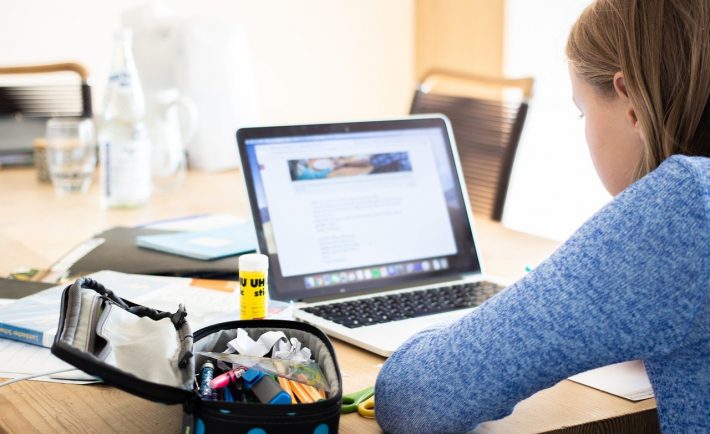Amid the COVID-19 pandemic, home-based learning was rolled out nationwide after schools have closed in April 2020. The safety guidelines encouraged schools and tuition centers to transition to HBL or online learning to educate their students. Simply put, HBL is having lessons and classroom interactions at home.
Eventually, students went allowed back to school.
Time passed and the rise in community cases led to the Ministry of Education’s decision to have a full home-based learning for students in primary schools, secondary schools, and junior colleges (i.e., until May 28, 2021). Furthermore, center-based tuition and enrichment classes will continue with its online learning until June 13.
Students in Singapore had to adapt to these changes and to manage a home-based learning lifestyle. On that note, here are some practical tips to help your child to study at home.
CREATE A CONDUCIVE LEARNING ENVIRONMENT
Whether you have a corner or a room for studying, your child will benefit from having a designated space for learning. Working or studying from home can be a challenge due to the myriad of distractions around us. Thus, it is important to create a space where your child is motivated to learn.
Much like a classroom, having a special learning space can help create the mental and physical divide between personal time and study time. The common elements of a conducive learning environment include good lighting, well-ventilation, accessible learning materials, and distraction-free space.
HAVE A STUDY SCHEDULE
Planning ahead enables you to develop a daily structure for your child to adhere to. This daily structure will allow your child to see what they need to achieve during the day.
Most primary schools in Singapore have their own home-based schedules. Incorporate the school’s schedule to your child’s study schedule. Then, find a time to get to know your child better. Take this opportunity to spend quality time with your beloved one. Ask your child about his interests, dislikes, dreams, and goals.
STAY HEALTHY
With less physical activity indoors, it is important to eat healthy food and to exercise regularly. Although it can be tempting to offer your child sweets and junk food to boost his or her attention, these types of food can give your child energy crashes. Your child is likely to feel a drop in his or her energy level after a sugar high. You do not want to see your child sleeping in front of the computer screen!
Instead, offer periodic breaks and nutritious meals. Letting off steam by exercising can help improve your child’s focus and minimize the stress levels.
ENCOURAGE SOCIAL DEVELOPMENT
Home-based learning entails continuous adjustments from both the parents and the students. This includes the way students interact with their peers. Just because your child is isolated from his or her classmates does not mean that you need to neglect one’s social development.
Create opportunities for interaction by allowing your child to have Zoom/Skype hangouts with his friends. They can stream a movie or play games online. Having “social breaks” after your child accomplishes his school tasks can motivate him more.
OPENLY COMMUNICATE WITH YOUR CHILD’S TEACHER
The key to HBL’s success is to follow the teachers’ instructions. Engagement with the teachers will allow you to maximize the productivity of your child. They will be able to give you helpful suggestions if you are transparent with your child’s current progress. Moreover, talking to people who can understand you can help minimize the stress, especially for teaching younger children.

Image Credits: pixabay.com
You are not alone! These changes are not easy for anyone. Parents can take time off work to supervise their children’s learning habits. Children may find it harder to study at home due to multiple distractions. Teachers must prepare more materials given that they have less control over their classes. Hence, it is important for everyone to work together.
At the end of the day, your common goal is to make learning more effective.











